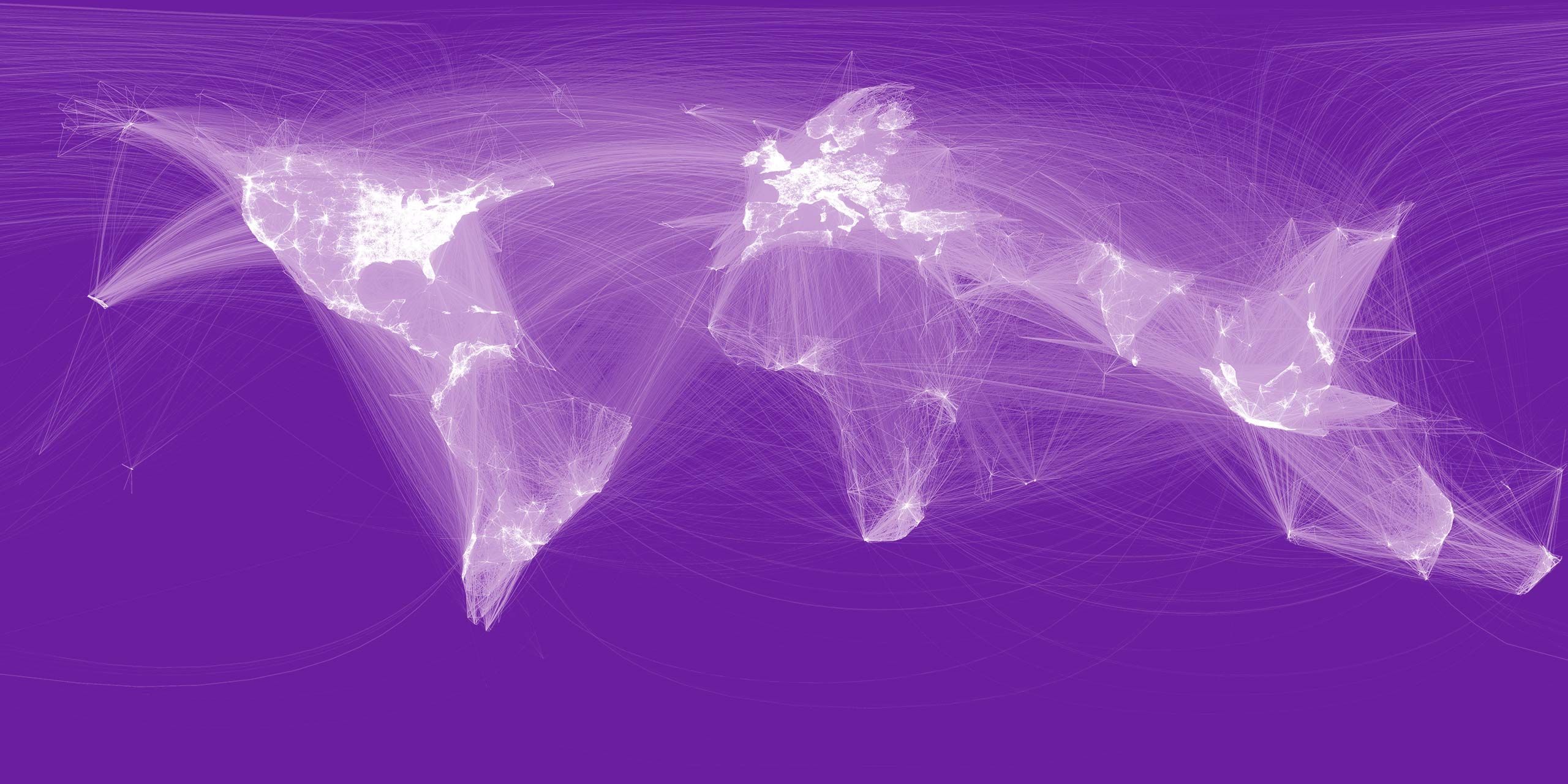In less than a month Facebook has gone from being the leading social networking site, to one that could potentially be the leading instant messaging app company as well.
If the deal goes through, Facebook will have a further 450m people it can count as users.
The focus from the media so far has been on the whopping $19bn dollar evaluation, made up mainly of stock, that decimates virtually all other deals in recent years. But if you read between the lines, the deal isn't about buying users for $40 a piece (incidentally, roughly the same price per head that Google paid for YouTube users in 2006), or about Facebook wanting to serve ads to a growing user base, but about democratising communications on a global scale.
READ: Facebook's WhatsApp acquisition is huge: The 10 big company buyouts in recent memory
With 450m and counting phone numbers, Facebook will have a serious voice when it comes to negotiating with operators to push its Internet.org agenda.
The premise behind Internet.org is that it is "a global partnership dedicated to making internet access available to the two thirds of the world not yet connected."
What says that more than owning a instant messaging app that is simple to use, doesn't require an advanced smartphone, and that already has 450m people using it?
If Facebook can see who (in general terms) is sending messages, where they are, and what mobile phone network they are using, it could easily then go to that operator and start negotiating deals about data usage and much more.
The end goal could be that Facebook will try and push the idea of free WhatsApp, and perhaps Instagram and Facebook usage, around the world regardless of what contract you are on or whether you are roaming, and expect nothing from the customer in return.
Think about it. Facebook realises that people don't use its service in other countries because they are worried about data costs. It's also trying to work out how to get people using Facebook in places where data costs are high. If you've got the power of being the largest mobile messaging service behind you, you could easily go to the operators and strike a deal.
"Connecting billions of people will be a massive global effort that requires ongoing innovation. Developers, mobile operators and device manufacturers will work together to introduce business models that give people more ways to go online," states a pull quote on the Internet.org website.
You could argue that operators will simply revolt and not play ball, however it only has to take one operator to break ranks, like T-Mobile in the US with its GoSmart plan that lets you use Facebook even if you don't have a data plan.
That presents customers with a choice. Do you go with an operator that would allow you to send WhatsApp messages to anyone in the world, wherever you are in the world for free, or an operator who is trying to charge you for that?
Having the voice of Facebook users behind you is one thing, having the voice of 450m WhatsApp customers who are sending around 50bn messages a day is another. Facebook with WhatsApp will have the tools to be able to talk, persuade, or threaten operators who don't want to join the party.
What it looks like is Zuckerberg trying to create a global communications platform that is free, regardless of platform, regardless of provider, regardless of where you are. You can't get more democratising of communication than that.
WhatsApp isn't about Facebook trying to monetise apps: Zuckerberg wants it to be about becoming the defacto communications tool for the world, and given half a chance, the WhatsApp deal has every potential of making that a reality.

